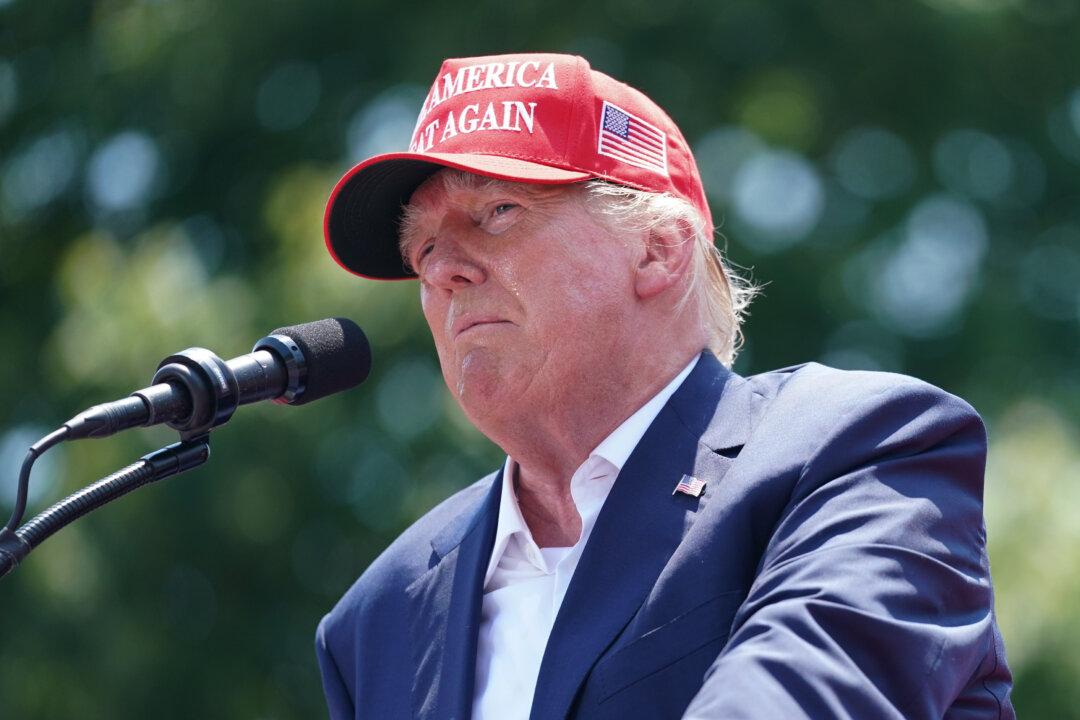The Florida Republican Party is imposing a new requirement in order for 2024 presidential candidates to make the Florida Republican primary ballot; they have to pledge to support the eventual 2024 Republican Party nominee.
During their meeting in mid-May, the Florida Republican Party Executive Committee made several changes to their primary procedures (pdf), including the adoption of a loyalty pledge in order for candidates to qualify for the March 19 Republican presidential primary ballot. The primary rule changes had not been widely distributed until recently, Politico reported on Wednesday.





